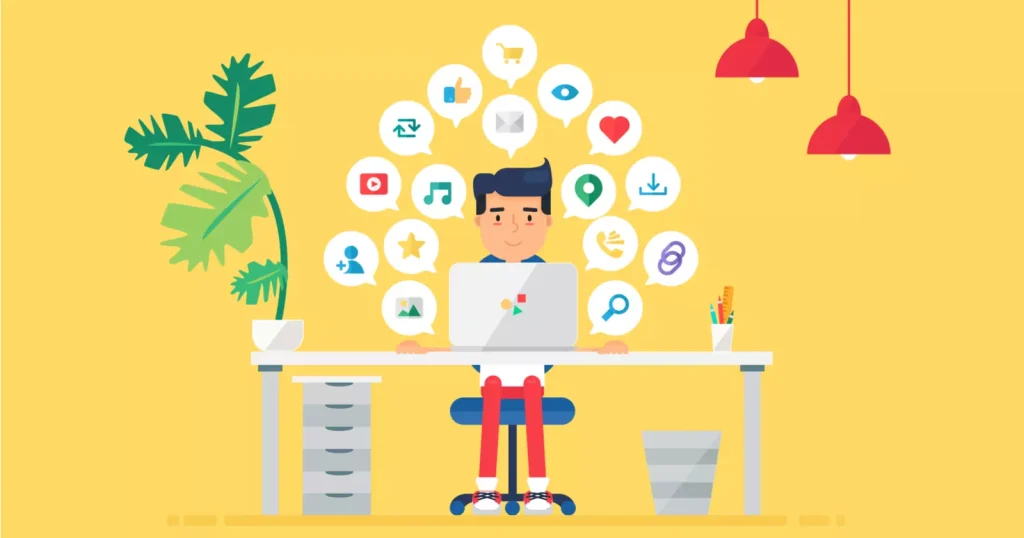In today’s fast-paced digital age, news consumption has become an integral part of daily life. With the proliferation of information sources, understanding how news affects learning outcomes is crucial for educators, students, and policymakers. This article explores the relationship between media knowledge, news consumption, and its impact on learning outcomes.
The Role of Media Knowledge

1. Definition of Media Knowledge
Media knowledge refers to the understanding and critical evaluation of media content, including the ability to discern reliable information from misinformation.
- Critical Thinking Skills: Media knowledge involves analyzing sources, understanding biases, and evaluating the credibility of information.
- Digital Literacy: Involves navigating various platforms and recognizing the influence of algorithms on news dissemination.
2. Importance in Education
Media knowledge is essential for fostering informed citizens who can engage with societal issues.
- Empowerment: Students with strong media knowledge are better equipped to participate in discussions about current events and social issues.
- Informed Decision-Making: Understanding media enables individuals to make informed choices based on accurate information.
News Consumption Patterns
1. Types of News Consumption
Different forms of news consumption can influence learning outcomes in various ways.
- Traditional Media: Newspapers, television, and radio often provide in-depth analysis and context, which can enhance understanding.
- Digital Media: Online news sources, social media, and news apps offer quick access to information but may lack depth and reliability.
2. Impact of Consumption Frequency
The frequency of news consumption can affect cognitive engagement and learning.
- High Consumption: Regular exposure to news can keep individuals informed and encourage critical thinking, but excessive consumption may lead to information overload.
- Low Consumption: Limited exposure can result in a lack of awareness about current events, hindering informed discussions and critical analysis.
Impact on Learning Outcomes
1. Enhanced Knowledge Acquisition
News consumption can enhance knowledge acquisition if approached critically.
- Contextual Learning: Engaging with news stories can provide real-world examples that reinforce academic concepts, making learning more relevant.
- Interdisciplinary Connections: News often intersects with various subjects, allowing students to make connections across disciplines.
2. Development of Critical Thinking Skills
Regular engagement with diverse news sources fosters critical thinking.
- Evaluating Sources: Analyzing the credibility of different news outlets encourages students to think critically about the information presented.
- Debate and Discussion: Exposure to varied perspectives promotes healthy debate and discussion, enhancing analytical skills.
3. Potential Negative Effects
While news consumption can be beneficial, it also has potential drawbacks.
- Misinformation: Consuming unreliable news can lead to misconceptions and hinder learning outcomes.
- Cognitive Overload: Constant exposure to breaking news can overwhelm individuals, leading to disengagement and reduced retention of information.
Strategies for Effective News Consumption
1. Promoting Media Literacy Education
Integrating media literacy into curricula can enhance students’ media knowledge.
- Critical Evaluation Frameworks: Teach students how to assess the credibility of sources and identify biases in reporting.
- Hands-On Activities: Encourage students to analyze news articles, compare different sources, and discuss their findings.
2. Encouraging Diverse News Sources
Promoting the consumption of diverse news sources can broaden perspectives.
- Variety of Outlets: Encourage students to explore multiple news platforms, including international and local sources, to gain a well-rounded view of current events.
- Fact-Checking Resources: Introduce students to fact-checking websites to verify information and combat misinformation.
3. Balancing News Consumption
Encouraging a balanced approach to news consumption can mitigate negative effects.
- Scheduled Consumption: Suggest setting specific times for news consumption to prevent information overload and allow for reflection.
- Mindful Engagement: Promote mindful engagement with news, encouraging students to take breaks and reflect on the information consumed.
Conclusion
The relationship between news consumption and learning outcomes is complex and multifaceted. While engaging with news can enhance knowledge acquisition and critical thinking skills, it also poses challenges such as misinformation and cognitive overload.
By promoting media literacy education, encouraging diverse news sources, and fostering balanced consumption habits, educators and students can harness the benefits of news consumption while mitigating its potential drawbacks. In an era where information is abundant, developing media knowledge is essential for fostering informed, critical thinkers who can navigate the complexities of the modern world.
Read Also About Studying abroad is an incredible opportunity for students to immerse themselves in new cultures, gain global perspectives, and enrich their education.

